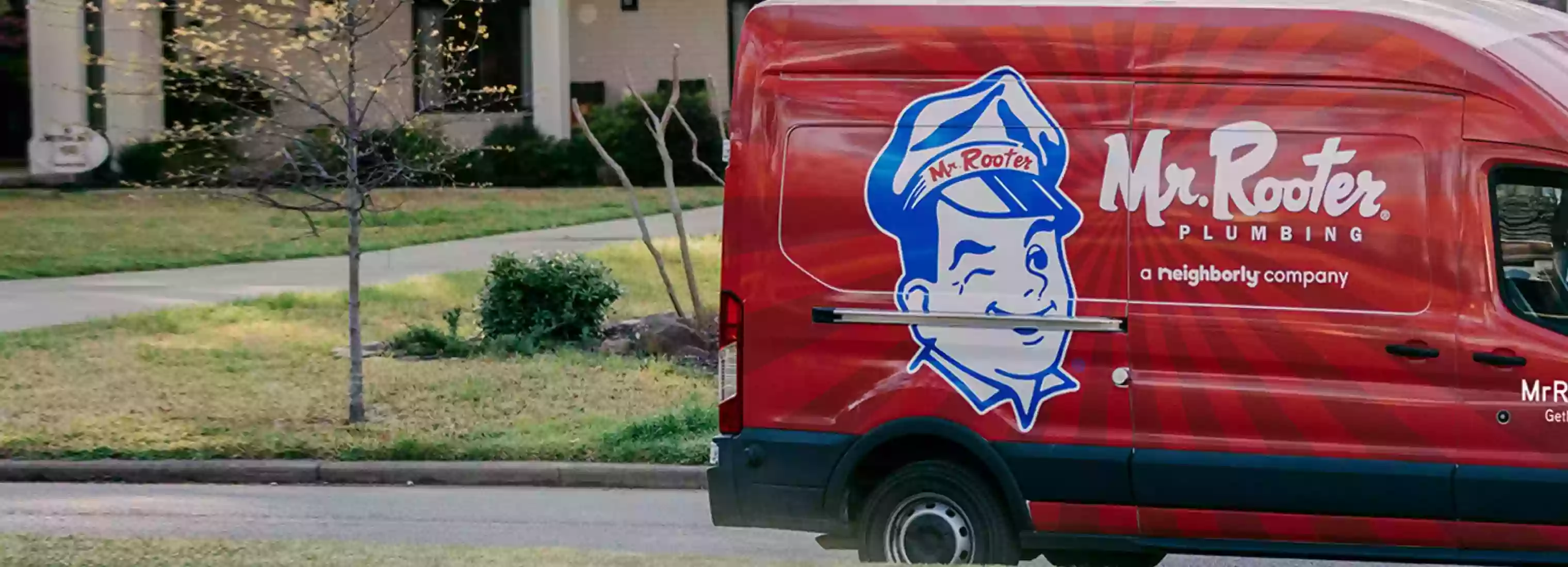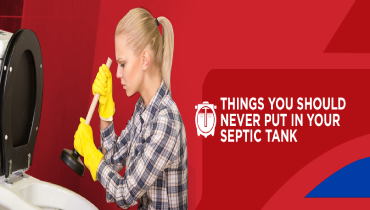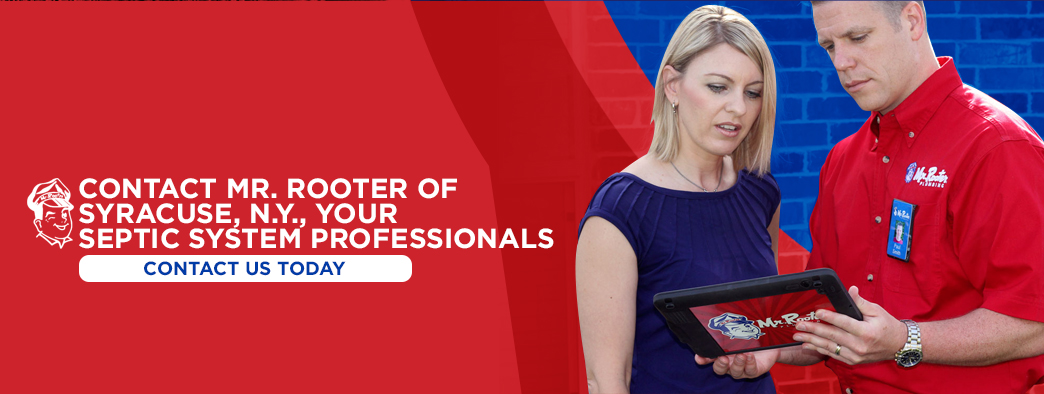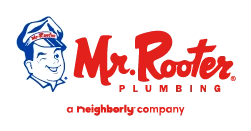Septic Tank Information – Things You Should Never Put in a Septic Tank
Table of Contents
- Why Is It Important to Maintain a Healthy Septic Tank?
- How Do Things Get Into Your Septic Tank?
- Septic Tank Do's and Don'ts
- What Household Cleaning Products Are Septic Safe
- Garbage Disposal Tips for a Healthy Septic Tank
- Toilet Tips for a Healthy Septic Tank
- How to Tell If Your Septic Tank Is Full
- Maintaining a Healthy Septic System Is Important
Your septic system should give you no trouble if appropriately managed, but you must be very careful about what you put down your drains. You can save on expensive septic tank repairs by knowing what you should or should not put down your tank.
This goes for your garbage disposal too. For example, a common question when it comes to the garbage disposal is, Will coffee grounds hurt a septic system? Are coffee grounds bad for a septic system? Individuals often ask these coffee grounds septic tank questions.
Overall, the most common questions homeowners ask are, What to put in a septic tank and what not to put in a septic tank?
Why Is It Important to Maintain a Healthy Septic Tank?
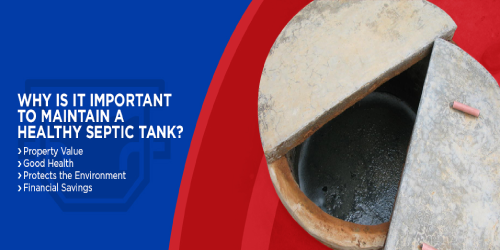
Your septic system is a crucial element of your home. While it often goes unnoticed, it's working 24/7 to dispose of your home's waste. Because many homeowners don't notice the septic tank that often, they frequently fail or forget to schedule routine septic tank maintenance.
When you neglect septic system maintenance, it can cause numerous issues like:
- Overflowing or seeping leach fields and septic tanks
- Unpleasant sewage odor
- Overflowing toilets resulting in toxic sewage in your house
There are several reasons why regular maintenance of your septic tank is essential, including:
1. Property Value
When it comes time to sell your property and home, a septic tank inspection could show issues indicating your system didn't receive proper maintenance for years. This could cause you to lose a potential sale.
2. Good Health
Improper septic tank maintenance can cause significant health problems if you have wastewater that's not been adequately treated draining into your well, yard and surface water. A severely neglected septic tank can even lead to backwash flowing into your house, introducing bacteria into it.
3. Protects the Environment
Over 4 billion gallons of wastewater are dispersed each day below the surface of the ground. Contaminated groundwater, through untreated or poorly treated household wastewater, can pose a threat to the environment. A malfunctioning septic system can release viruses, bacteria and toxic chemicals to local waterways and into the ground, streams, lakes, rivers and more, which can harm local ecosystems and kill wildlife.
4. Financial Savings
It's less expensive to maintain your septic tank with routine cleanings than it is to replace it. Your service technician can inspect your tank to ensure it's adequately cleaned and look for signs of structural damage like leaks, cracks and other problems.
How Do Things Get Into Your Septic Tank?
Your septic system separates floatable matter, such as grease and oils, from solids and digests organic matter from the wastewater. A soil-based system discharges the liquid, called effluent, from your septic tank into various perforated pipes found buried in chambers, a leach field or other specific units made to release the effluent slowly into the soil.
Ways things get into your septic tank include:
- Waste like diapers, cigarette butts and coffee grounds that slowly decompose or don't get flushed down drains completely.
- Synthetic fiber lint flows from washing machines. The bacteria in the drain and tank septic field are unable to break it down.
- Garbage disposers, used heavily, can send too much solid waste into your septic system.
- Shrubs and tree roots can clog a drain field, causing damage.
Septic Tank Do's and Don'ts
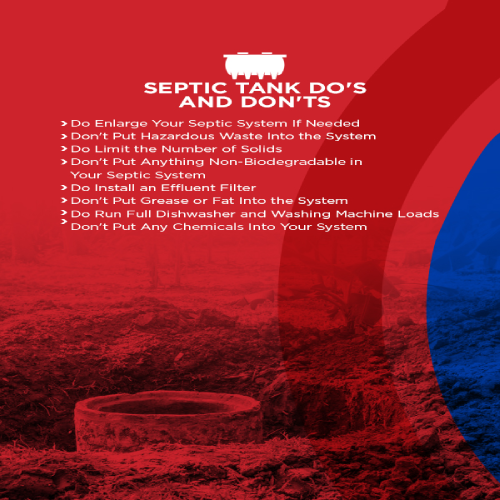
What you put in your septic tank will affect its ability to do its job considerably. For instance, coffee grounds and septic systems don't mix. By educating everybody in your home about what's acceptable and what's not for your septic tank, you can save yourself a lot of headaches and money, prolong the life of your septic system and protect the health of your property, family and the environment.
Things You Should Never Put In Your Septic Tank
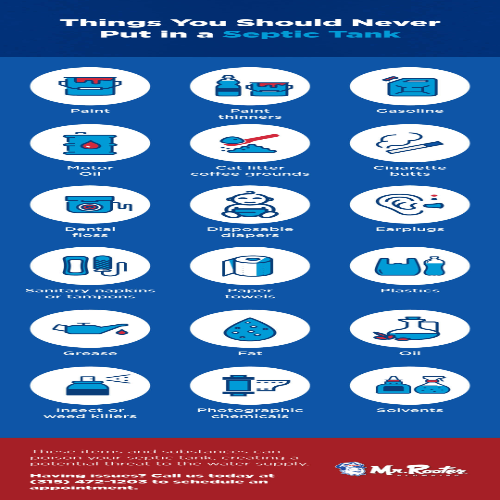
Here are some things you should never put in your septic tank, and some do's and don'ts for your septic tank.
1. Do Enlarge Your Septic System If Needed
If you have plans to add on an addition to your home that will add over 15 percent to the floor area of your home, will increase the number of plumbing fixtures or increase the number of bedrooms, you might need to enlarge your septic system.
2. Don't Put Hazardous Waste Into the System
At all costs, do not put hazardous substances into the system. Never put paint, paint thinners, gasoline or motor oil into your septic system. This is the "kiss of death" to a septic tank.
3. Do Limit the Number of Solids
Too many solids flushed down your toilet will make your septic tank fill up very fast. You should not put these items into your commode:
- Cat litter
- Coffee grounds
- Cigarette butts
- Dental floss
- Disposable diapers
- Earplugs
- Sanitary napkins or tampons
Never flush coffee grounds down your toilet if you have a septic tank.
As a blanket guideline, avoid placing items into the system that don’t quickly decompose.
4. Don't Put Anything Non-Biodegradable in Your Septic System
Don't put things that aren't biodegradable into your septic tank system such as:
- Cigarette butts
- Disposable diapers
- Paper towels
- Plastics
- Sanitary napkins or tampons
5. Do Install an Effluent Filter
Make sure you install an effluent filter on your septic tank which helps decrease how many solids leave the tank and increases your system's lifespan.
6. Don't Put Grease or Fat Into the System
It may surprise you, but grease and oil can spoil a septic system by clogging up the drain field and polluting the surrounding soil. Polluted soil cannot absorb and process liquids from your system. You could have to replace your septic tank system if you incur serious issues.
7. Do Run Full Dishwasher and Washing Machine Loads
Run dishwashers and washing machines only with full loads. Alternatively, choose the right washing machine load size. You'll waste both energy and water if you wash small laundry loads with large quantities of water.
8. Don't Put Any Chemicals Into Your System
Don't put chemicals down the drain such as:
- Gasoline
- Insect or weed killers
- Oil
- Photographic chemicals
- Paint thinners
- Solvents
These can poison your septic tank, potentially threatening the water supply for your entire neighborhood.
What Household Cleaning Products Are Septic Safe
Another essential piece of septic tank information is to take care with choosing the cleaners and chemicals you use around your home. Your septic tank depends on ‘friendly’ bacteria to function properly, and the problem is that many disinfectants, bleaches and household cleaners are specifically designed to kill bacteria. To avoid septic tank problems, use organic and biodegradable household products wherever possible. Never put drain cleaners into the system – just a small quantity of these harsh chemicals can wreak havoc on the bacteria and cause septic tank problems.
Many people wonder if Epsom salt is safe for septic systems. There are mixed thoughts about this.
While Epsom salt doesn't cause damage to your septic tank, this doesn't necessarily mean you should go flushing it into your tank. Many individuals think flushing Epsom salt in their septic tanks will break down waste.
While salts can unclog a toilet, the effect Epsom salt has on your septic system will be minimal. You'd need a substantial amount of Epsom salt flushed into your tank to see the acidic benefits.
Septic system safe household cleaning products include:
1. Safest Bathroom and Toilet Cleaners
Your bathroom can harbor a lot of germs, and regular cleaning is needed. But, you need septic-safe cleaners such as:
- Green Works 99% Naturally-Derived Toilet Bowl Cleaner
- CLR Calcium, Lime, and Rust Remover
- CLR Bath & Kitchen Foaming Action Cleaner
If plumbing clogs show up in your toilet or sink, don't use crystal drain cleaners because they can be too toxic for your septic system.
2. Safest Floor Cleaners
Some safe floor cleaners are:
- BISSELL Advanced Professional Spot & Stain + Oxy
- ECOS PRO Neutral Floor Cleaner Concentrated 1:128
- BISSELL Pet Stain and Odor
3. Safest Dishwashing Detergents
Regardless if you're using the dishwasher or washing your dishes by hand, these are some safe choices:
- Dropps Dishwasher Pods
- Amway Home Dish Drops Automatic Dishwashing Powder
- Aldi Foaming Dish Soap
4. Safest Kitchen, All-Purpose and Glass Cleaners
These are safe products to use all over your home:
- Amway Home L.O.C. Multi-Purpose Cleaner
- Green Works 98% Naturally-Derived Glass & Surface Cleaner Spray
- ECOS Glass + Surface Cleaner Vinegar
5. Safest Odor Removers
Here are some septic-safe chooses to kill odors:
- Fresh Wave Odor Removing Spray
- ECOS Pet Kitty Litter Deodorizer
- Earth Friendly Products Everyday Stain & Odor Remover
Garbage Disposal Tips for a Healthy Septic Tank
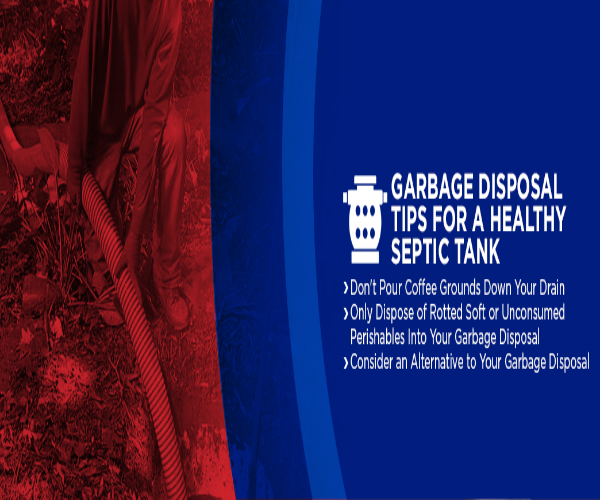
Many people don’t know this important bit of septic tank information, but you should avoid overuse of your garbage disposal. If you must have a garbage disposal, then try to have a top-of-the-range model that grinds the waste finely as it will decompose materials faster to assist in preventing septic tank problems. You can also set up a kitchen waste compost bin, so you don’t have to put harmful items into your garbage disposal.
Other tips garbage disposal tips include:
1. Don't Pour Coffee Grounds Down Your Drain
You might be asking yourself, "Are coffee grounds good for your septic system?" or "Are coffee grounds in septic tank OK?" Although ground coffee beans will eventually break down when composted in the ground, they don't dissolve in the septic system, even if you're using an enzyme-rich septic tank activator.
So, are coffee grounds bad for septic tanks? Coffee grounds' texture is hard. Every time you pour these grounds down your garbage disposal, they sit in the septic tank like gravel, and you'll eventually need to pump them out of the tank since they don't decompose easily.
Non-decomposed solids that don't break down will end up falling to the bottom of the septic tank and turn into a semi-solid sludge layer. A professional will need to pump this layer and haul it away. Even one pot of coffee each day will add up to pounds of grounds over time that will remain sitting at the bottom of your septic tank.
Again, do not pour grounds of coffee down your drain. Instead, compost your coffee grounds so you can use them in your garden or throw them out.
2. Only Dispose of Rotted Soft or Unconsumed Perishables Into Your Garbage Disposal
Things like old bananas, tomatoes and oranges are okay. But, don't use your garbage disposal for anything that can form gunk along your sewage pipes' inner walls or clog a drain.
3. Consider an Alternative to Your Garbage Disposal
As a garbage disposal alternative, consider creating a compost pile out of your expired produce in your backyard. The decomposed vegetables and fruits can fertilize and feed the soil, serving a better purpose than if they were in your septic tank or a landfill.
Toilet Tips for a Healthy Septic Tank
Besides following the above garage disposal suggestions, you should also consider the below toilet tips to keep your septic tank at its healthiest.
- Reduce how many times you flush the toilet. Use the toilet multiple times before you flush.
- Use toilet paper suitable for your septic tank. Suitable toilet paper is that which breaks up easily when it becomes wet.
- Don't use a disinfecting automatic toilet bowl cleaner like those that contain acid compounds or bleach. These have a slow release, continuous action that kills the bacteria in your septic tank necessary for a productive working system.
- Don't flush tampons down your toilet. One common question people ask and are confused about is, Can you put tampons in a septic system? This is because today, there are tampons available that are now so-called bio-degradable and safe to flush. However, when it comes to what not to flush into a septic tank, tampons are high on the list. The best rule of thumb here is never to flush tampons down the toilet, to be on the safe side.
How to Tell If Your Septic Tank Is Full
Your septic tank, when maintained correctly, provides an effective way of managing the wastewater your household generates. For septic systems to function properly, they must be regularly pumped. Many individuals aren't sure when this action is necessary.
Some signs it's time to pump your septic tank are:
1. Pooling Water
If you see large pools of water around your septic system's drain field, this could indicate overflowing, particularly if it hasn't rained. When it reaches capacity, your tank's solid waste can clog the field piping system's drain field and force liquid to the surface. Your tank needs to be professionally pumped if you see this.
2. Odors
Along with waste, your septic tank collects gray water from things like:
- Washing dishes
- Showering
- Doing laundry
As the septic tank begins filling up, odor-causing gasses can start emanating from your drains, toilets, drain field or outdoor septic tank area. If you start noticing strange odors outside or inside your home, it could mean your septic tank is full and needs draining.
3. Sewage Backup
A full septic tank can result in a foul sewage backup in your toilets, sinks and tubs. If you allow this problem to escalate further, the sewage can begin flooding your floors and render your house completely uninhabitable and unsafe.
4. Slow Drains
If you notice the drains of your home and toilet flushes continue to be slow after you've tried unclogging them, this could mean you have a full septic tank.
5. Gurgling Water
Another sign you have a full septic tank is if your drains or toilets have gurgling sounding pipes. You'll definitely want a professional to come in and inspect these noises.
6. Lush Lawn
If your lawn is abnormally lush or green, particularly around the drainage field, it could be a sign of a full septic tank that you need to have pumped.
7. Trouble Flushing
Another indication your septic tank may need emptying is if you're having trouble flushing your toilet and it’s not taking in the water you're trying to flush.
Maintaining a Healthy Septic System Is Important
Your plumbing and septic systems play a significant role in maintaining the comfort of your home. It's essential you give some thought into these areas and ensure your septic tank is maintained.
If you want the plumbing in your home to work correctly, septic tank maintenance is a must. A forgotten septic system can lead to major blockages, backups and even wastewater overflowing. You'll want to invest in routine septic system service to avoid these types of issues.
Contact Mr. Rooter of Syracuse, N.Y., Your Septic System Professionals
Mr. Rooter Plumbing of Syracuse, N.Y., is made up of a team of licensed professionals who are ready 24/7 to tend to your septic tank needs. At Mr. Rooter, our professional team is highly experienced with septic tanks. Once we come in and perform the cleaning, maintenance or repairs to your septic system, we’ll inform you of how you can keep up with the best maintenance of your system when we’re gone.
Knowing the fundamentals of your home’s septic tank and how it works is essential to identify issues as they arise. Whether you're looking for routine maintenance or emergency service, we'll always deliver courteous service at a price that’s fair every time. We have sophisticated diagnostic tools to identify and fix problems before they turn into costly repairs, including video drainage inspections.
Contact us today to help you with your septic tank needs.
 Click to call
Click to call